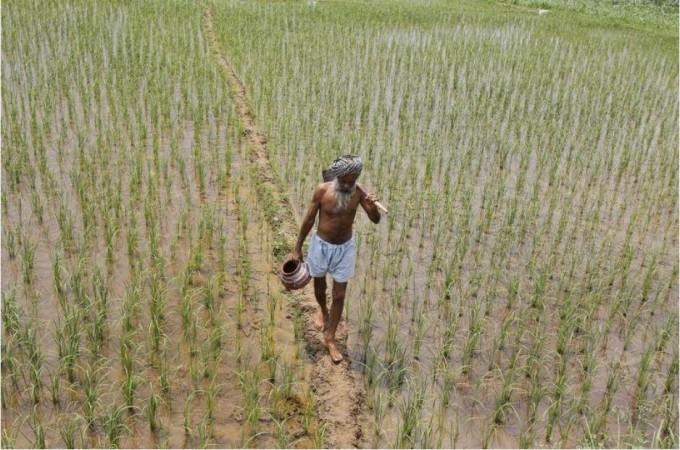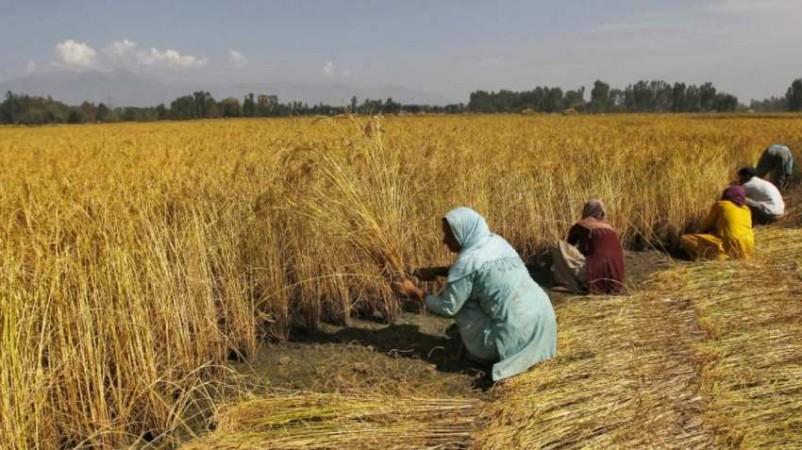Laying of the foundation stone of Ravi canal of the Shahpur Kandi Project has rekindled a ray of hope among farmers of Samba and Kathua districts of Jammu and Kashmir as over 32,000 hectares of barren land of Kandi belt will turn fertile after completion of the project. It will also provide irrigation facilities to over 5,000 hectares of land in Pathankot district of the neighbouring Punjab.
Union Minister of State Jatindra Singh, who is a Lok Sabha member from Udhampur-Doda parliamentary constituency, recently laid the foundation stone of the project. "There was no hindrance in signing of agreement and execution of the project from the Punjab Government but the successive governments of J&K had intentionally delayed this project", he alleged.

The project is being constructed on the river Ravi, 11 kilometres downstream of the Ranjit Sagar Dam and eight kilometers upstream of Madhopur in Punjab's Pathankot district. Singh said the Shahpur-Kandi Dam project will become functional by November 2022.
Deputy Commissioner Kathua, Rahul Yadav told the International Business Times that this project will help the farmers of Kandi belts of Kathua and Samba districts. "This canal will be turned into a life line for farmers of this belt", he said.

History of the Shahpur Kandi project
J&K and Punjab had signed a bilateral agreement on January 20, 1979 on sharing water of the river Ravi. Asper the bilateral agreement, the J&K will get 1,150 cusecs of water by constructing a canal from Satwain to Basantpur. The Punjab government was to construct the Shahpur-Kandi barrage, which was scrapped in 2004.
In June 2015, the then Chief Minister, late Mufti Mohammad Sayeed had sought the intervention of the Union Government to solve the issue of completion of the Shahpur Kandi canal project with Punjab.
After decades of animosity, J&K and Punjab governments had signed a fresh pact on Shahpur Kandi project on March 3, 2017. As per this new pact, J&K is going to get 20 per cent electricity and 1150 cusecs water from the project.
J&K is confronting a food-grain deficit and the project is going to enhance agricultural production in the Kandi belt. J&K, which is facing a huge power deficit, may get relief after the implementation of the project.

















